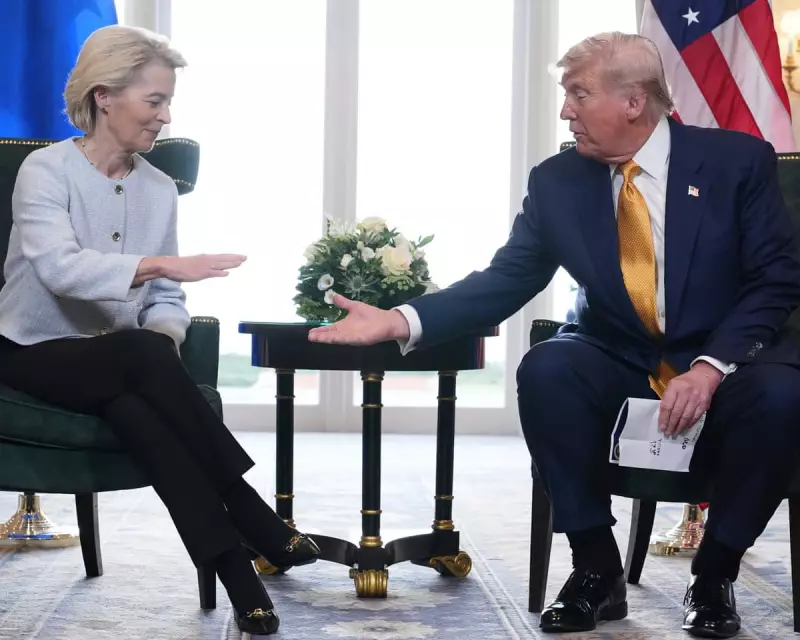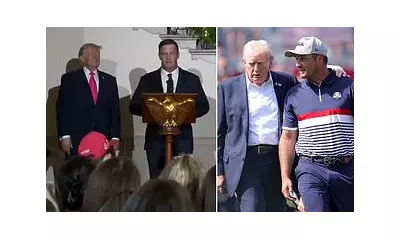
Donald Trump’s latest push for sweeping tariffs has sparked alarm among economists and political analysts, who warn that the move could destabilise both international trade and domestic stability. The former US president’s proposal, if enacted, would impose steep levies on imports, potentially triggering retaliatory measures from trading partners.
Economic Consequences
The economic implications of Trump’s tariff plan are far-reaching. Experts suggest that such measures could disrupt global supply chains, inflate consumer prices, and slow economic growth. The UK, among other nations, could face significant trade disruptions, particularly in key sectors like manufacturing and agriculture.
Political Fallout
Beyond economics, the proposal carries political risks. Trump’s hardline stance on trade could further polarise US voters and strain diplomatic relations. Allies and adversaries alike may view the tariffs as an aggressive economic weapon, undermining trust in international cooperation.
A Warning from History
Past trade wars, such as those during Trump’s first term, demonstrated the long-term damage tariffs can inflict. Economies that relied on open markets suffered, and consumers bore the brunt of higher costs. Policymakers are urging caution, arguing that protectionism rarely delivers sustainable benefits.
As debates over the tariffs intensify, one thing is clear: the stakes are high for both the US and the global economy.





